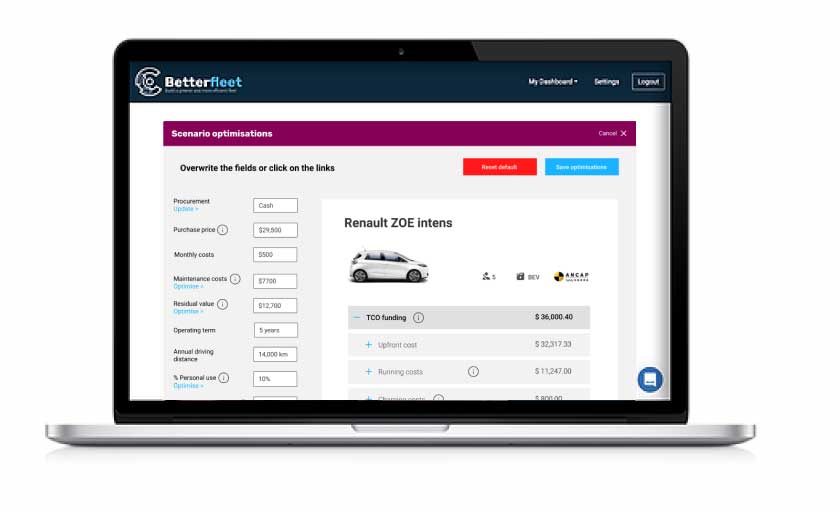what is government fleet management
BetterFleet

Introduction
Government fleet management is the strategic oversight and management of a government's vehicles and transportation resources. It includes all aspects of the operation, management, and maintenance of vehicles and other equipment used by government agencies. It includes the procurement, maintenance, and disposal of vehicles and other transportation assets, as well as the optimisation of public transport systems in order to streamline operations and increase efficiency.
The History of Government Fleet Management
The concept of government fleet management software can be traced back to the early 1900s, when governments began to recognize the importance of managing their own vehicle fleets. Initially, fleets were managed by individual agencies, but with the growing complexity of government operations, the need for a centralized system of fleet management became apparent. In the 1920s, the National Motor Vehicle Fleet Management Association was formed in order to provide a forum for the discussion of government vehicle management issues. Today, government fleet management is a core component of many government organizations, and is responsible for the efficient and effective management of thousands of vehicles and other assets.
Benefits of Government Fleet Management
Government fleet management provides a number of benefits including improved operational efficiency and cost savings. By centralizing the operations of a fleet and managing a single system, significant cost savings can be achieved by eliminating redundancies and streamlining operations. Additionally, government fleet management helps to ensure the safety and reliability of government vehicles, as well as improving compliance with legal requirements. Government fleet management also helps to reduce air pollution due to the efficient use of fuel, and improves the overall efficiency of government operations.
The Challenges of Government Fleet Management
While government fleet management offers many benefits, it also poses a number of challenges. For example, there are often significant upfront costs associated with purchasing and maintaining vehicles. Additionally, there are often complex legal and regulatory requirements that must be adhered to in order to ensure compliance. Finally, there is the challenge of optimising the use of vehicles and other transportation assets in order to maximise efficiency.
The Role of Technology in Government Fleet Management
Technology plays an important role in government fleet management, with many organisations utilising modern software and hardware solutions to streamline operations. Technology solutions can be used to track and monitor vehicle usage, maintenance schedules, and fuel consumption, as well as providing insight into potential areas of improvement. Additionally, technology solutions can be used to automate the purchasing and disposal of vehicles, as well as integrating with accounting systems for greater efficiency.
Conclusion
Government fleet management is an important part of many government organisations. It is responsible for the efficient and effective management of a government's vehicles and other transportation assets, and is essential for ensuring compliance with legal requirements. The use of modern technology solutions can help streamline operations and improve efficiency, and can lead to significant cost savings.